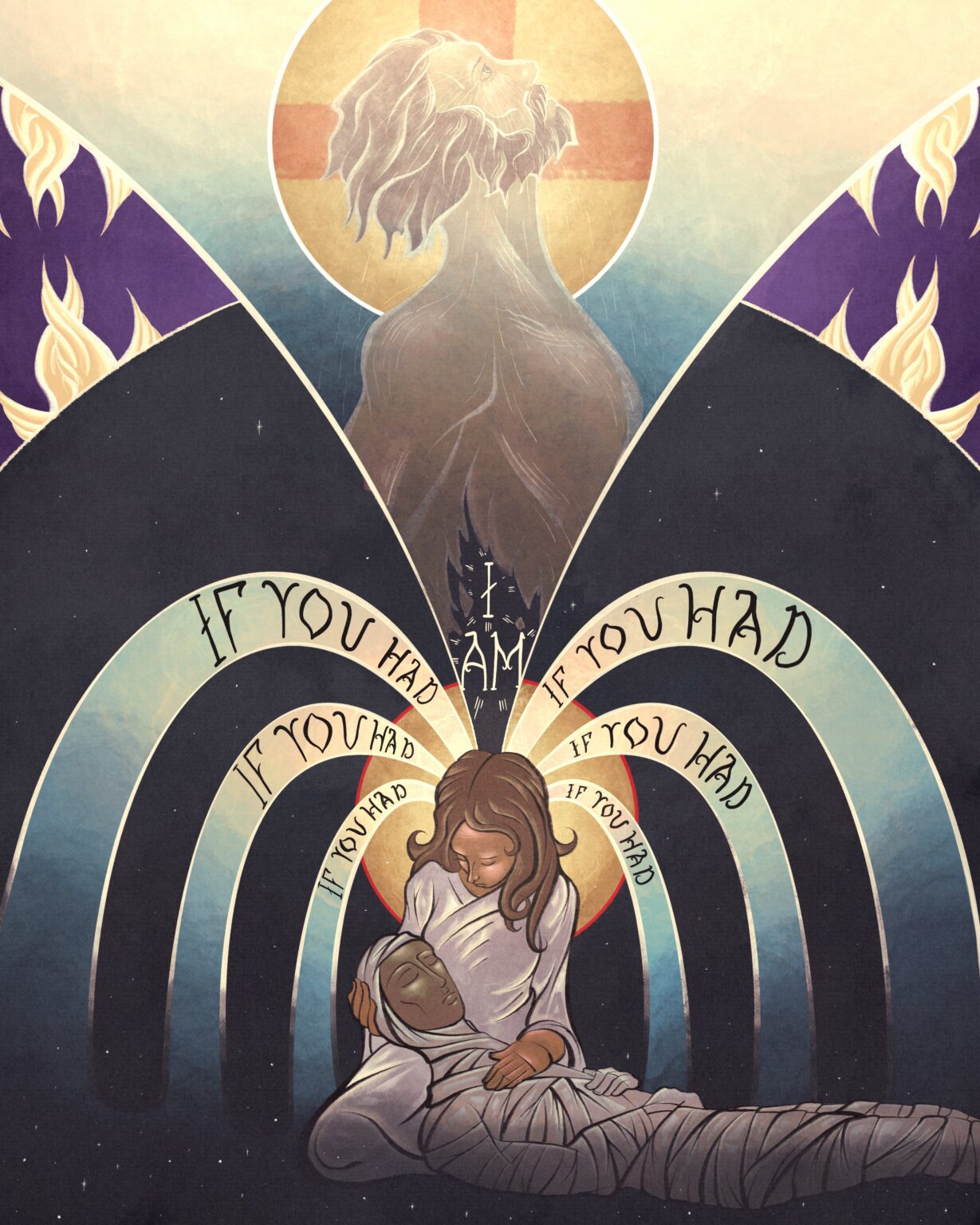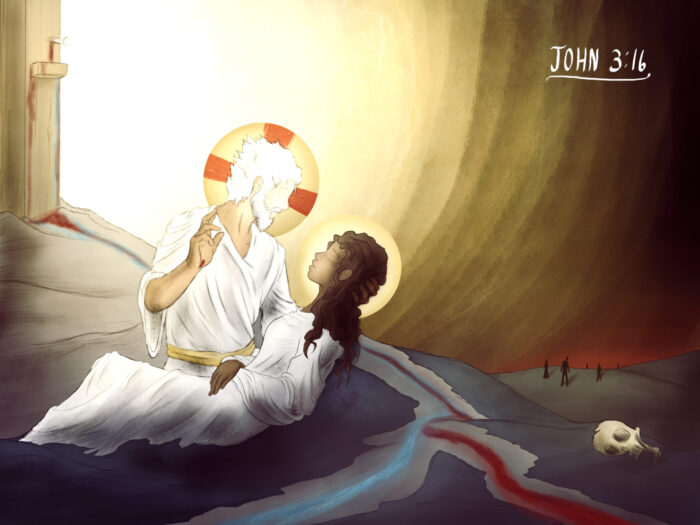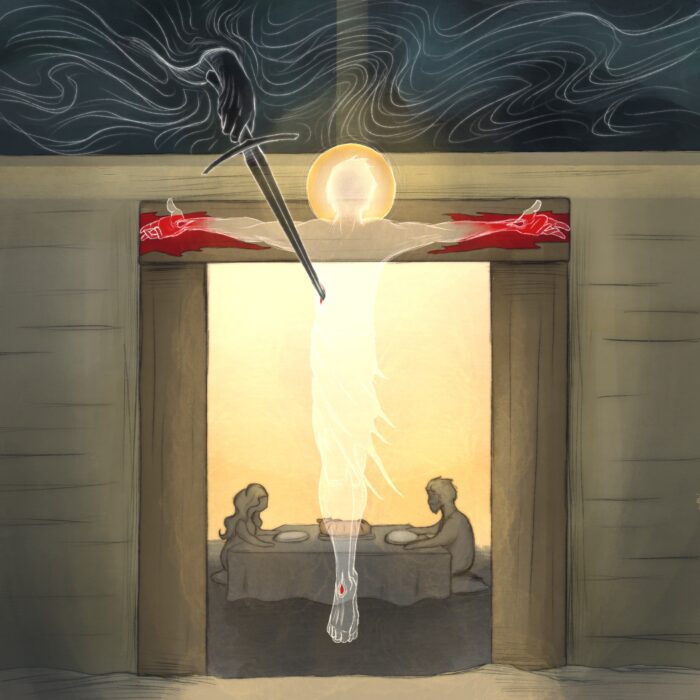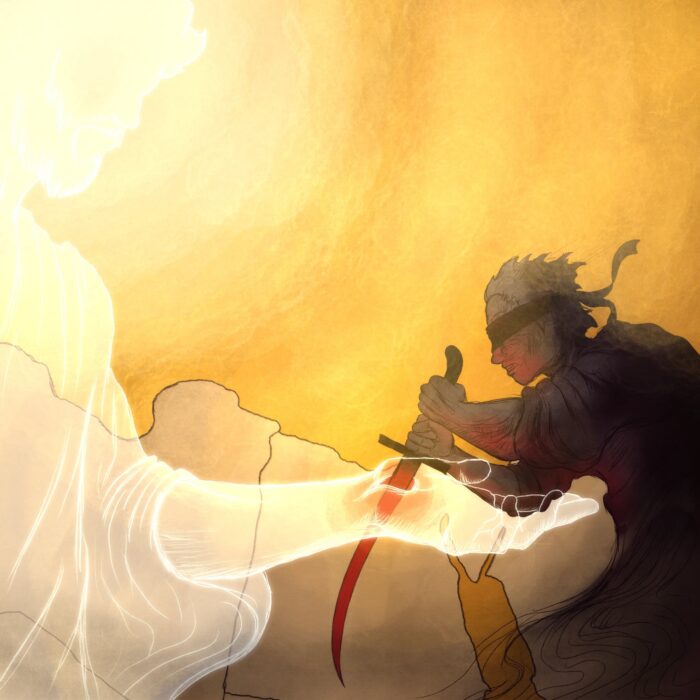John 11:21, ‘If you had been here…’
‘If you had…’ — With these words, Martha’s imagination conjures a state of affairs that she believes would have been better than what has, in fact, happened…If Jesus had been here, Lazarus would not have died, she and her sister would have been spared the pain of loss, they would even now be free of the crushing weight of grief they bear…If Jesus had been here, everything would have been better…So goes the argument of Martha’s heart.
And how easily and often do we join her in this? How natural is the heart-response of ‘If you had…’ when loss and tragedy strike? If you had healed her; If you had stopped me; If you had let me know; If you had given us more time; If you had *been here!!*….then…then things would be alright…then all would be well. So, often, is the cry of the sorrowing heart.
How does Jesus respond to this cry, to this—if we are honest—rebuke? Not by explaining the inscrutable rationale of love, not by unfurling the storied tapestry of divine sovereignty, not by detailing the role of this moment in the overarching harmony of the cosmos…Not by doing any of these things. Rather, He responds to Martha’s bitter and tear-filled ‘If you had…’ with His own unchanging, ‘I Am…’ (cf.v.25).
And this is the answer—the only answer—to every ‘If you had’ screamed into the night of our loss…to every ‘if you had’ wept over the wounds of the fall…to every ‘if you had’ spoken in bitter resignation of spirt….The answer to His people’s every ‘If you had’ is only, ever, and always God’s definitive ‘I Am’ spoken in, by, and as the Crucified One who is Risen.
I Am the Resurrection of this very loss, I Am the Comfort of this very sorrow, I Am the Quieting of this very lament, I Am the Life in this very death; I Am, I Am, I Am…Christian, may all our ‘If you had’s’ be blessedly drowned in the ocean of Christ’s I AM…
And so, in this picture, Martha weeps over the dead body of Lazarus on her knees. From her mind spring six possible scenarios, six ‘if you had’s.’ Each one of these begins with the light of the dawn as an indication that, in her mind, they seem like they would have been better than this night of sorrow that has befallen her. And yet, each of her ‘if you had’ scenarios invariably sink down into darkness. The human imagination, set against the purposes of sovereign love, can only and always envision that which is worse, which is darker, which is night—even if it feels like it would have been better in the moment.
Conversely, the seventh scenario—the one that has actually happened—extends upward from the top of her mind. It is initially the darkest of all the choices (indicated by the pure blackness at the base of the central ray). However, as our eyes travel up this beam (analogous to continuing to live in the suffering that the Lord has ordained), we find that the darkness is, in fact, borne within the wounded side of the crucified Christ Himself and that—as the risen one—He carries this darkness into the light of the True Morning: the True Joy of His Resurrection. In this way I’ve tried to indicate that the scenario God has ordained—no matter how dark—is, if borne in Christ’s death (as all scenarios are for the Christian), assured to end in light, in beauty, in joy….Because we are fused to story of the crucified and risen Lord, all our nights must break into morning.
Finally I’ve made explicit the difference between Martha’s ‘If you had’ and Christ’s ‘I Am…’ Human ‘If you had’s’ must always end in darkness…but the divine ‘I Am’—though initially as dark as Good Friday—*if trusted* will bring us through into the light, into life, into Himself. ‘I Am the Resurrection and the Life…Do you believe this?’ (11:25-26).




